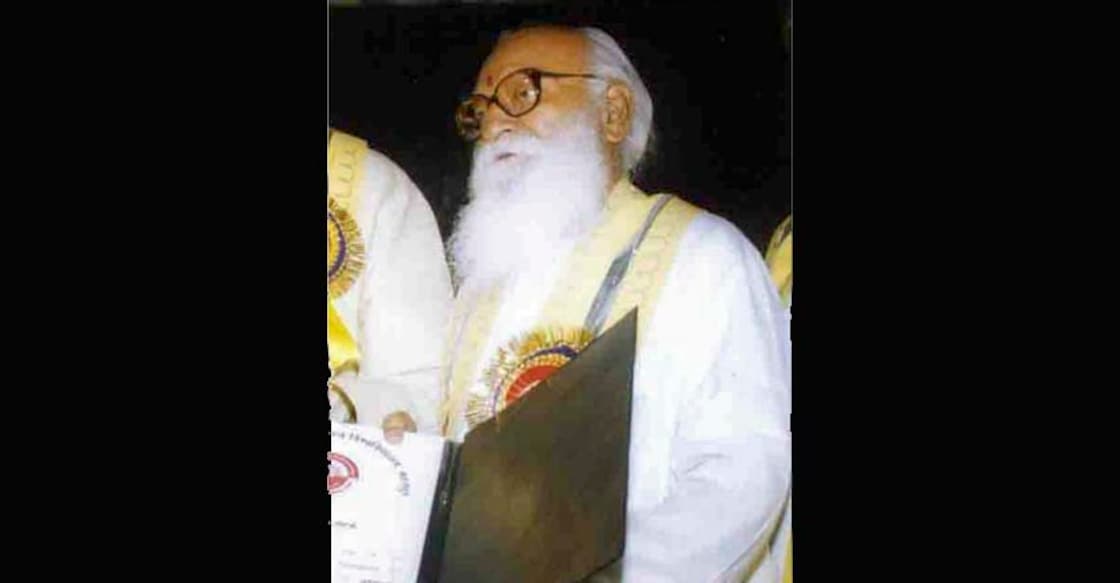Nanaji Deshmukh, Sangh ideologue who established RSS in UP

Mail This Article
Delhi: Nanaji Deshmukh, an RSS ideologue who rose under the tutelage of Sangh stalwart M S Golwalkar, was known for his social work and work in the fields of agriculture, cottage industry, rural health, and rural education.
A Bharat Ratna pick this year, he was pivotal in introducing RSS ideology in eastern Uttar Pradesh and later making the erstwhile Bharatiya Jana Sangh a power to reckon with in Uttar Pradesh.
Born on October 11, 1916 at Kadoli in the Parbhani district of Maharashtra in a family with limited means, Deshmukh was inclined towards education. He would sell vegetables to fund his education.
He went to high school in Sikar and studied in Birla College, which is know known as the Birla Institute of Technology and Science at Pilani in Rajasthan.
Nanaji, as he was fondly called in the Sangh Parivar, joined the RSS in his college days in 1940. He was sent to Gorakhpur in eastern Uttar Pradesh as a 'Pracharak' by the then RSS Sarsanghchalak M S Golwalkar. He rose to be the Saha Prant Pracharak of the whole of Uttar Pradesh.
Deshmukh was inspired by Bal Gangadhar Tilak's nationalist ideology. He also acquired an interest in social service and activities.
In Gorakhpur, Deshmukh had to stay in a dharamshala as the Sangh had no money in those days. He had to keep changing the dharamshala as no one was allowed to stay there for more than three consecutive days.
He laid great emphasis on education. He established the first Saraswati Shishu Mandir in Gorakhpur in 1950.
In 1967 BJS became part of the United Legislature Party and joined the government headed by Chaudhary Charan Singh. Deshmukh played a crucial role in evolving the alliance as he enjoyed good relations with Charan Singh and Ram Manohar Lohia.
Deshmukh was successful in bringing leaders of different political backgrounds on one platform to give Uttar Pradesh its first non-Congress government.
He won in the 1977 election from Balrampur Lok Sabha seat in Uttar Pradesh and Prime Minister Morarji Desai, heading the Janata Party government, offered Nanaji Deshmukh a cabinet berth, but Deshmukh politely declined.
He also established Chitarkoot Gramoday Vishwavidyalaya in Chitrakoot, India's first rural University, and served as its Chancellor.
He had been awarded the Padma Vibhushan in 1999.
Deshmukh died on February 27, 2010 in the premises of Chitrakoot Gramoday Vishwavidyalaya that he had established. As per his will, his body was sent to the All India Institute of Medical Sciences (AIIMS) for medical research.

